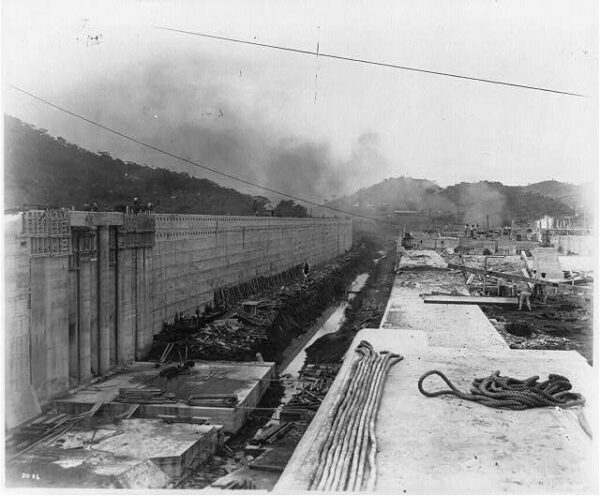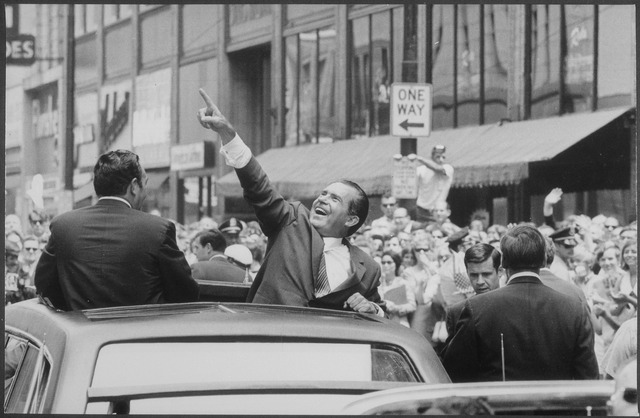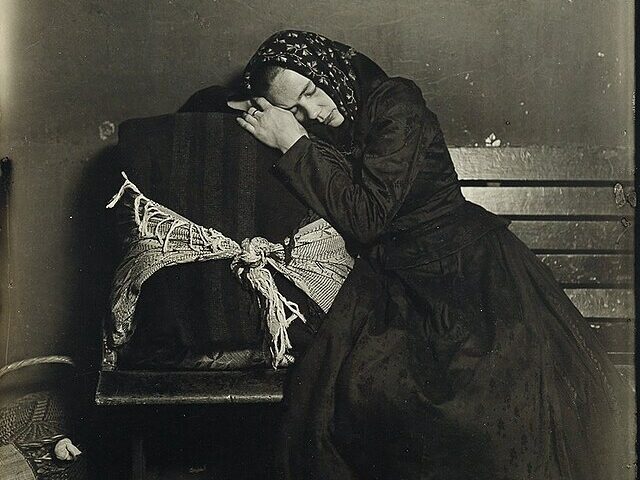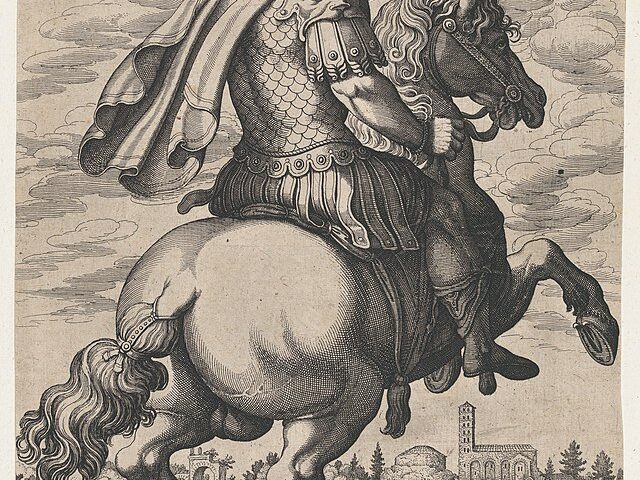In November 1906, Theodore Roosevelt embarked on a historic journey that helped make the United States a global player. He left the country, becoming the first president in history to make a trip abroad. His destination was the Panama Canal, an engineering marvel in the making.
President Roosevelt’s trip to Panama timed perfectly, writes The Gilder Lehrman Institute of American History. “The project had suffered many setbacks, including outbreaks of disease among workers and fatal accidents. Roosevelt pushed for better working conditions and improvements in health care for canal workers, and worker morale was almost certainly boosted by the President’s visit. The Panama Canal project was completed eight years later, in 1914.”
Roosevelt’s visit was emblematic of a pivotal era in American history. The Panama Canal was a colossal endeavor, fraught with challenges ranging from tropical diseases to labor disputes. The president’s on-site inspection demonstrated his unwavering commitment to its success, effectively turning him into an inspirational figurehead for the workforce. Those toiling on the project were dubbed “Roosevelt’s Rough Riders,” a nod to his legendary role in the Spanish-American War.
Yet, the significance of this trip extended far beyond the realm of engineering prowess. It held geopolitical implications that were nothing short of monumental. The Panama Canal Zone, then under American control, became a focal point for asserting U.S. dominance in the Western Hemisphere. Roosevelt’s presence solidified the nation’s position as a global superpower and underscored its status as a pivotal player in international affairs.
Roosevelt’s trip to Panama marked a watershed moment in American foreign policy, ushering in a new chapter in the nation’s global engagement, one that would leave an enduring legacy in the pages of history.
After his visit to Panama, Roosevelt traveled to recently-acquired Puerto Rico. Roosevelt’s 17-day trip to Panama and Puerto Rico signaled a new era of presidential diplomacy, encouraging future presidents to engage in expanded foreign relations.






